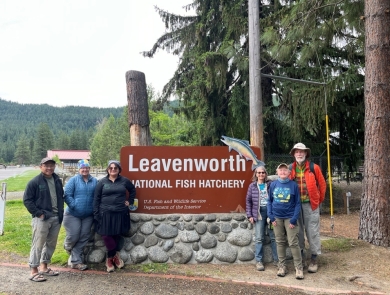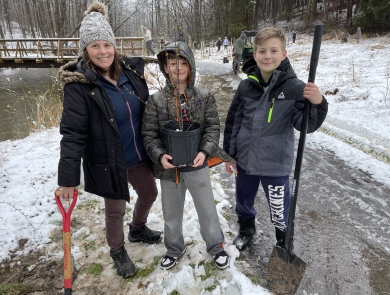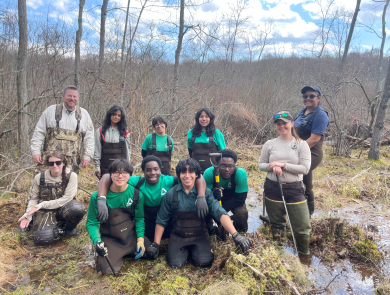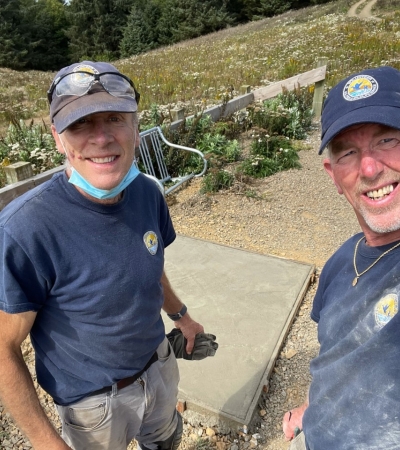Facility
Location
Address
PO Box 510
Jackson, WY 83001
United States
Date Range
-
Volunteer Position Overview
Volunteers Needed
-
Recruitment Start Date
Recruitment End Date
Training Required
No
Security Clearance Needed
Yes
Virtual
No
About This Position
Duties and Expectations
Duties include a variety of maintenance tasks, as well as occasional work with other Refuge staff members from various divisions. RV Pads are the only housing options at the National Elk Refuge.
Duties
- Perform activities of a general nature necessary for the proper operation, maintenance, and repair of buildings, grounds, walks, roads, and vehicles. This includes but is not limited to minor carpentry, plumbing, electrical work, painting / staining, trash removal, sorting recycling, and other duties as assigned.
- Carry out lawn and landscaping duties, including but not limited to watering, mowing, weeding, trimming, and other activities as instructed.
- Operate small pickup trucks, other vehicles, or small equipment. Activities that involve the operation and maintenance of ATVs include mandatory training which will be provided.
- Exert moderate to heavy physical effort while operating equipment, lifting trash containers, moving tables and benches, etc. The incumbent will be expected to routinely lift and carry items weighing 30-50 pounds.
Budget
- Routinely monitor consumable supplies and report needed resupply items to supervisor in a timely manner.
- Understand the general process for obtaining supplies and materials; no purchases or agreements for reimbursements should be made without prior approval or appropriate paperwork.
Communications
- Work cooperatively with supervisor, Refuge staff, staff from partner agencies, contractors, other volunteers, and the public to create a positive work environment.
- Routinely communicate with supervisor regarding daily operations.
- Keep supervisor apprised of any sensitive issues or potential problems that may affect operations or working relationships.
Conditions of Employment
Work Schedule
- The length of each volunteer’s season will be agreed upon by the individual/couple and Volunteer Coordinator. Changes to the season start date or end date must be discussed and approved by both parties. Volunteer work schedules and dates are based on Refuge needs; volunteers should adhere to National Elk Refuge Summer Maintenance Volunteer agreed upon dates and should not change arrival or departure dates without discussion and consent of the Volunteer Coordinator.
- Work schedules may vary but must total a minimum of 24 hours/couple/individuals per week for those receiving Refuge RV Pads.
- To accommodate operations, shift work may vary and may not remain constant throughout the season.
- Weekend and holiday work may be required. Lieu days may not remain consistent throughout the season.
Working Conditions and Requirements
- Indoor and outdoor work is required. Temperatures may greatly vary.
- Work will require physical exertion, including the ability to lift up to 50 pounds. Average agility and dexterity are required.
- Successful completion of an online defensive driving course and additional paperwork is required before driving government vehicles.
Duties/Activities
Campground Maintenance
Construction/Maintenance
General Assistance
Stories About Volunteering
Other Ways to Work with Us
Are you looking for something different than a volunteer opportunity? The Fish and Wildlife Service employs around 9,000 people nationwide and offers great internship opportunities every year.








